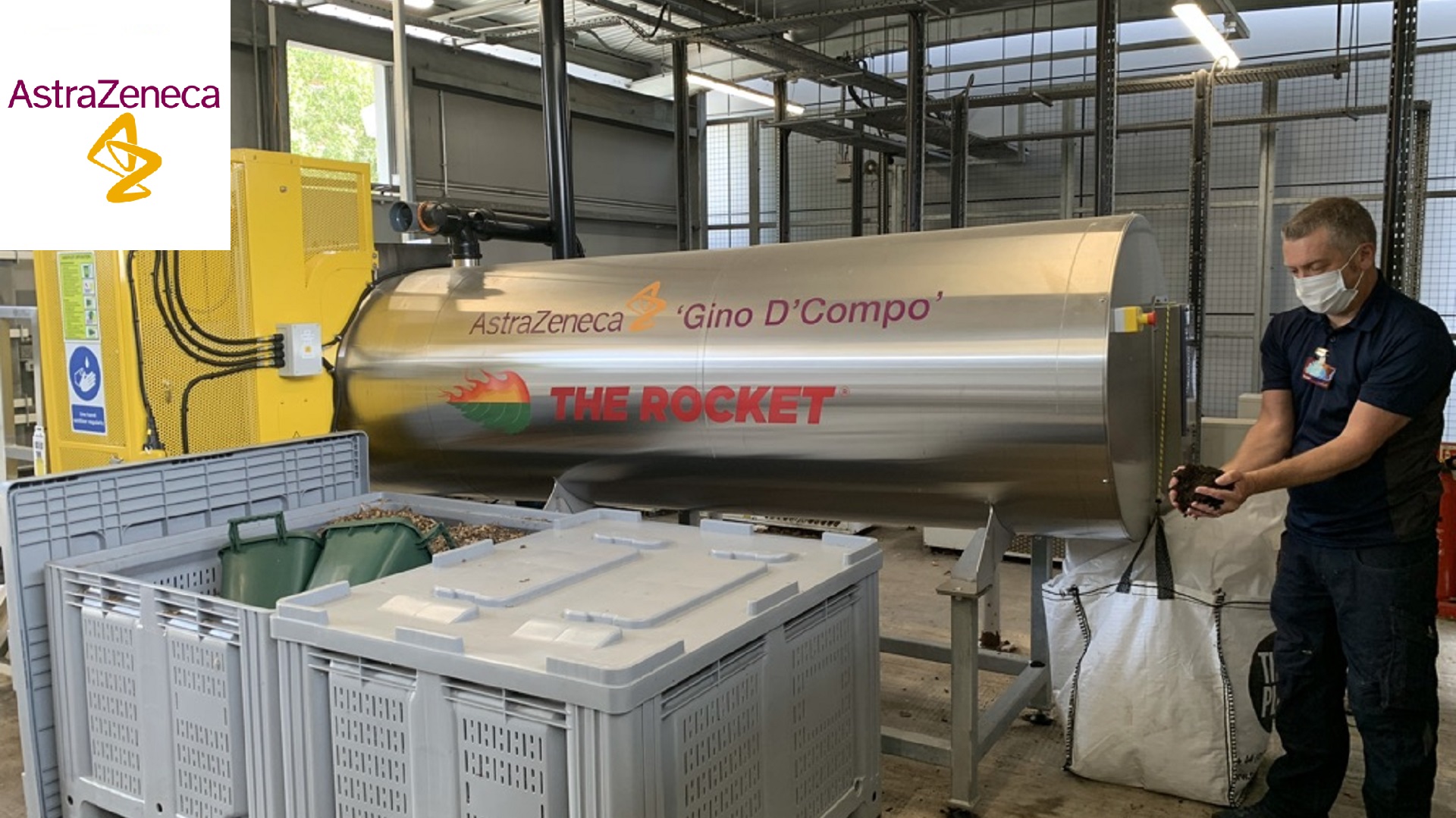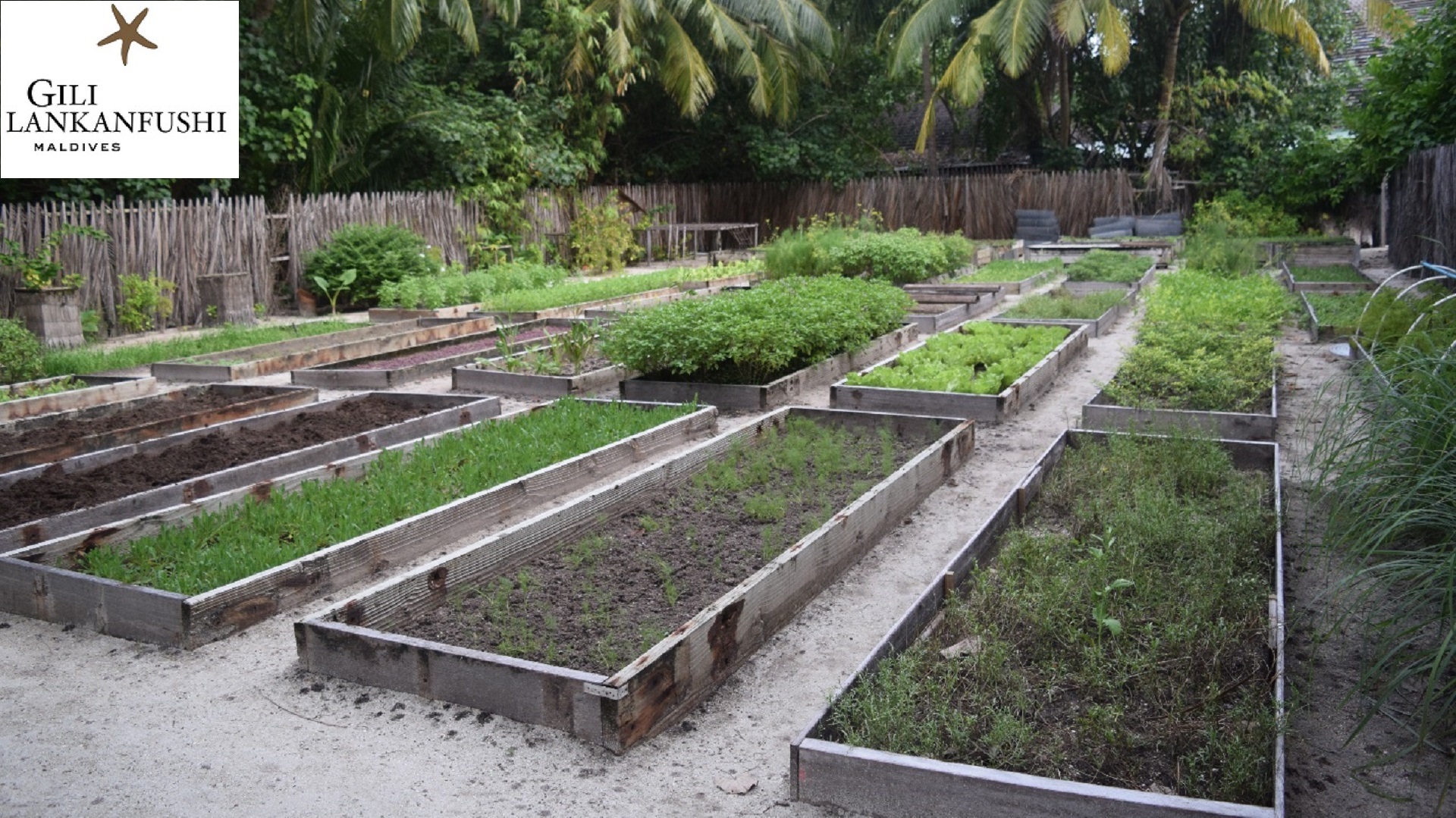Why should businesses compost on site?
Organisations across the globe are continually searching for ways to make their business models more sustainable, improve their carbon footprint and demonstrate their genuine commitment to looking after our planet.
The on-site composting of food waste can help companies with all the above – allowing them to reap ethical, environmental, resource and financial benefits, all at the same time.
The fact that there are over 1.3 billion tonnes of food waste generated globally each year is alarming, but if more businesses took the plunge to tackle their food waste more sustainably, this figure would drop significantly.
Composting at source has massive environmental benefits over anaerobic digestion too, as there is less transportation of waste involved – reducing business costs and carbon emissions.
In truth, on-site commercial composting can – and should – play a huge part in a company’s corporate social responsibility (CSR) policy.
1,300,000,000
TONNES
Did you know that every year across the globe 1,300,000,000 tonnes of food is lost or wasted?
3,300,000,000
TONNES
Food waste’s annual carbon footprint is estimated at 3,300,000,000 tonnes of CO2 equivalent.
200,000,000
PEOPLE
From the food wasted in Europe alone, 200,000,000 people could be fed.
1,400,000,000
HECTARES
It’s a sad reality that around 1,400,000,000 hectares of land are used to grow food that’s lost or wasted.
What are the benefits of composting?
- It helps to divert tonnes of food waste away from landfill
- It turns food waste into a valuable resource
- It enables companies to close the waste management loop
- It saves thousands of pounds in off-site disposal costs
- It reduces global greenhouse gases
- It decreases pollution levels – less trucks on the road means cleaner air
- It creates a nutrient-rich resource which can be used in growing projects.
- It generates jobs – especially in city-wide food waste collection projects.
- It improves the structure and quality of soil – promoting healthy plant and produce growth.
- It makes the produce we grow more nutritious – meaning healthier, happier human beings!
- It omits the need to use more synthetic, chemical fertilisers.
- It eliminates our reliance upon using peat-based composts, which are damaging to the environment and peatland ecosystems.
Why put compost back in the ground?
Keen to know more about compost?
If you’re eager to grow your knowledge about composting and the benefits it can have for businesses and our planet, have a look at the following resources.
They say seeing is believing…
See how brands across the world have been harnessing the resource potential of their food waste and generating compost.







